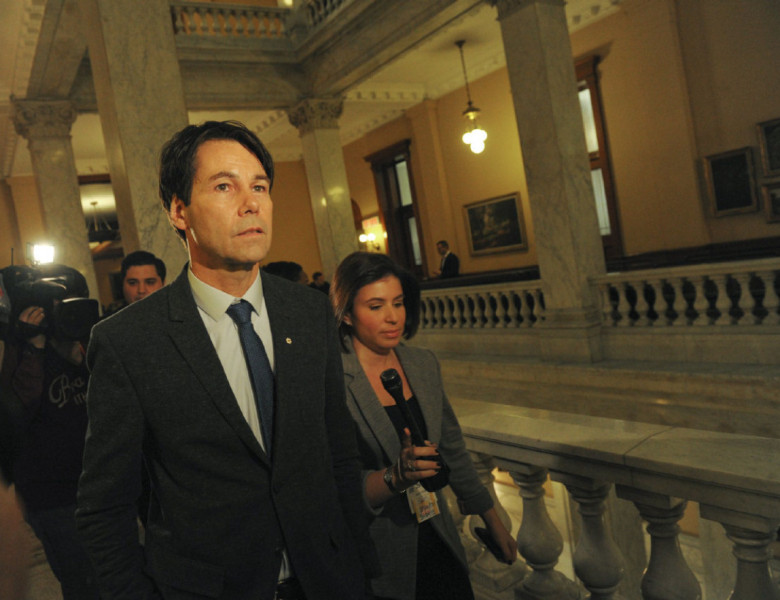At the beginning of October, Ontario’s Minister of Health, Dr. Eric Hoskins, did a good thing. He demanded that colleges of all regulated health professions take concrete steps to increase transparency in college processes and decision-making, and to make more information available to the public. The colleges, which include the College of Physicians and Surgeons of Ontario (“CPSO”), have until December 1st to report back to the Minister.
It appears that someone is finally minding the shop.
Over a year ago, CPSO Registrar, Dr. Rocco Gerace wrote:
“…the public protection work of the regulator must not only be done, it must be seen to be done…Information needs to provide assurance to the public that practitioners are competent and that the public is safe.”
To date, the public still has little access to information from the College about the doctors it regulates. Complaints, once found to be legitimate, are seldom publicly disclosed if a deal satisfactory to the CPSO and the doctor can be struck. Patient safety is often negotiated and determined in private. Members of the public are denied the ability to assess for themselves the risk of treatment by their doctors. In only a small number of very serious cases will the College’s Inquiries, Complaints and Reports Committee refer an allegation of professional misconduct or incompetence to the Discipline Committee, a public forum, and only where it has already determined that there is a reasonable chance of a successful prosecution.
Even if there is a finding in court of medical malpractice, the information provided by the CPSO provides little assistance. Recently, Dr. Richard Edington, an emergency room doctor, was found to have failed to consider the possibility that his young patient was having a stroke. His negligence left her very debilitated. The College’s website refers only to a court finding of “professional negligence in respect of an incident that took place in December 2008.”
Those who practice medical negligence know that patient ignorance is not bliss. Patient safety cannot be adequately maintained if people are precluded from making their own decisions not just about treatment but also about choice of doctor. There is no reliable place to find information about doctors. Instead, patients must rely on gossip or doctor ratings websites. While both may be entertaining, neither is particularly reliable.
It remains to be seen whether the mandate imposed by the Ministry of Health will result in a more open exchange of information. Noting his responsibility to the people of Ontario, the Minister has reserved his right to take all necessary measures to ensure that the public interest remains paramount. Strong words – cross your fingers for strong action.
This blog post was contributed by Joni Dobson, OTLA Director and Lawyer with Legate & Associates LLP.


4 Comments